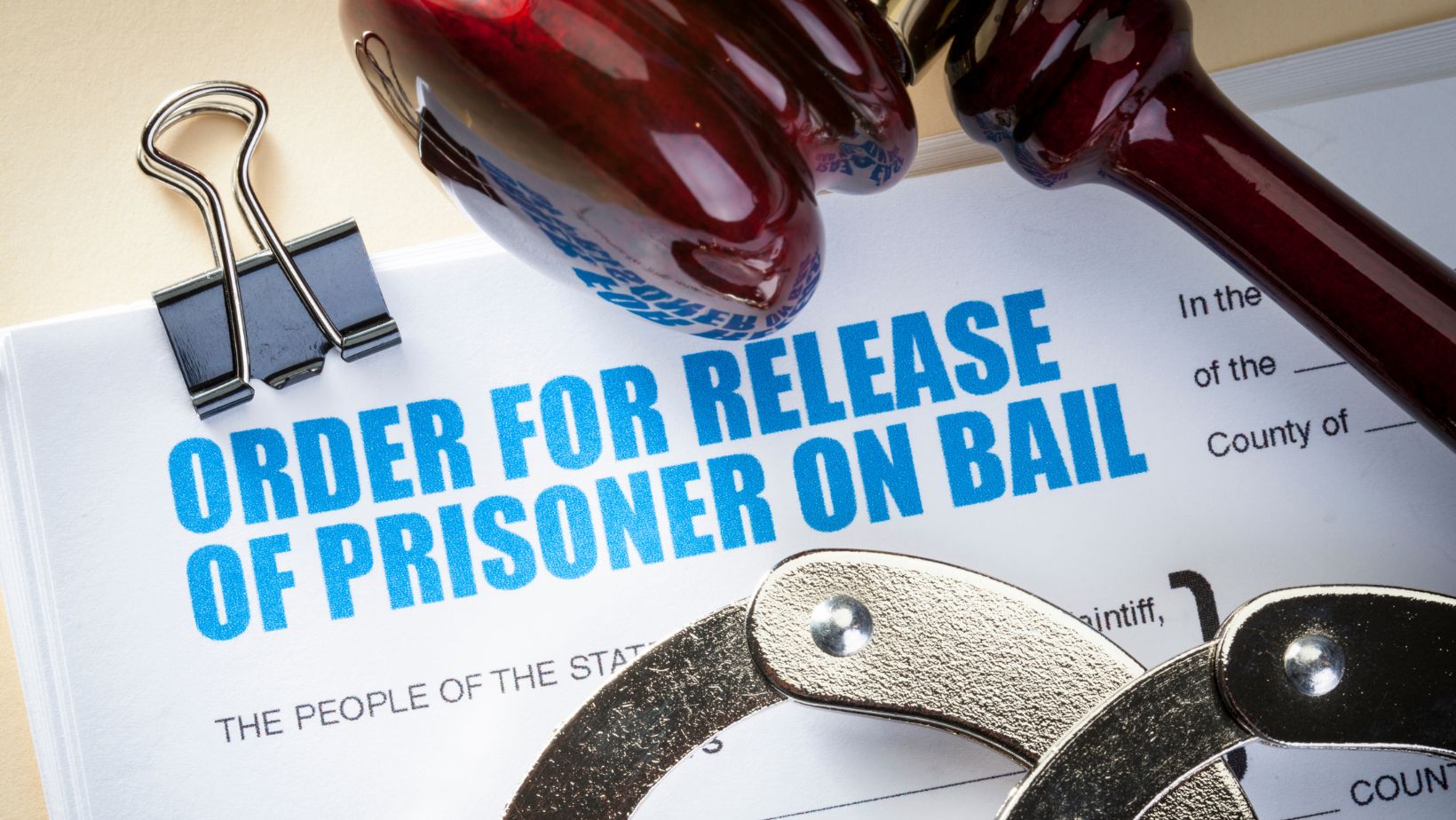Getting arrested can be scary and confusing. Knowing your rights and how the bail process works can help. This guide will explain what happens after an arrest and how bail is set.
You will learn how to post bail and what rules you must follow. Understanding the bail process can provide you with peace of mind. It can also help you or a loved one get home faster.
Let’s break it down step by step.
What Is the Bail Process?
The bail process involves various steps that start with an arrest. When a person is arrested, a judge sets a bail amount based on the crime committed and other factors. This amount represents a guarantee that the individual will appear at their scheduled court hearings.
If the bail is paid, the arrested person can leave jail. This payment can be made by a family member or friend. The money is returned after the court appearance, as long as all conditions are met.
If the amount set is too high, options are available, such as posting bail through bail bond services. Understanding these options is crucial for anyone facing bail.
How Does Bail Work?
When a judge sets bail, they consider different factors. This may include the severity of the crime, the defendant’s criminal history, and the likelihood of their fleeing. Each case is unique, which means that bail amounts can vary widely.
If someone cannot afford to pay the bail amount, they may turn to a bail bondsman. These professionals take a percentage of the total amount as a fee. They then provide a surety bond, which the court recognizes to secure the release of the defendant.
It’s important to read the fine print of any agreements made with bail bond services. These contracts usually require you to repay the bail amount if the defendant fails to show up. Being aware of all terms and conditions is essential.
Types of Bail
There are generally three types of bail: cash bail, surety bond, and personal recognizance. Cash bail requires a full payment of the set amount in cash. This guarantees the defendant’s presence in court.
A surety bond involves a third party guaranteeing the bail amount. They can be a bail bondsman who takes a fee to cover the risk. Lastly, a personal recognizance bond releases the defendant based on their promise to return, usually granted for minor offenses.
Understanding the type of bail that applies to your case is essential. It can affect the amount of money you need to provide. Each type has its own rules and requirements.
The Role of Bail Bondsmen
Bail bondsmen play a crucial role in the bail process. They help individuals who cannot afford to pay the full bail amount. By providing a surety bond, they allow for quicker release from custody.

These professionals are licensed and understand the bail laws in their area. They can guide you through the legal maze of documentation and procedures. Understanding their role can ease some of the stress of the bail process.
You can find bail bondsmen in most communities. It’s important to shop around and read reviews. The right bondsman can make the process significantly easier.
Understanding Bail Conditions
After release, individuals must understand bail conditions. These can vary significantly based on the case. Common conditions include regular check-ins with a bail officer and restrictions on travel.
Violating these conditions can lead to the revocation of bail. This means the individual could be taken back into custody. Understanding and complying with these conditions is crucial.
If you have questions about specific conditions, you should ask your lawyer for clarification. As each situation is unique, seeking legal advice can be beneficial. Ensuring compliance can significantly impact the outcome of your case.
Your Legal Rights During Arrest
Knowing your legal rights during an arrest is essential. You have the right to remain silent and the right to legal counsel. These rights protect you from self-incrimination.
During an arrest, you should ask for a lawyer if you are being questioned. Having professional legal help can make a difference in your case. Remember that anything you say can be used against you.

Being aware of your rights helps you feel more in control of the situation. Understanding these rights also assists in making better decisions moving forward. Do not hesitate to ask police officers about your rights if you are unclear.
How to Choose a Bail Bond Service
Choosing a bail bond service can be overwhelming. It’s vital to look for a reputable company with good reviews. Recommendations from friends or lawyers can be helpful in your search.
Consider the company’s experience and success rate. A reliable bail bond service will have a transparent fee structure. Make sure to read all terms before signing any agreement.
Unsure where to start? Consider checking out bail bonds in Cocoa, FL. They offer clear support and fast service.
The Cost of Posting Bail
The cost of posting bail can vary widely. In most cases, the bail bond service takes a fee, usually between 10% and 15% of the total bail amount. This fee is non-refundable.
In some instances, collateral may be required. This could include personal property like a car or a house. Knowing these costs upfront can help you plan and prepare.
Be aware of any additional fees from the bail bond company. Sometimes these hidden costs can surprise you. A full understanding of the financial impact can aid in decision-making.
Benefits of Using Bail Bond Services
Bail bond services provide essential assistance for individuals facing bail. They allow the release of a person who may not have sufficient funds. This can lead to immediate relief in a stressful situation.
Using a bail bond service can also save time. These professionals understand the processes involved and can expedite your release. Their familiarity with courts and procedures can be advantageous.
Choosing a bail bond service helps you focus on your next steps. Instead of worrying about funds, you can focus on seeking legal representation and preparing for your case.
Taking Control of the Bail Process
The bail process can feel overwhelming at first. But with the right help and information, you can manage it. Know your rights and follow the rules.
Always show up for court. Listen to your lawyer and be honest with the court. These steps can protect your freedom and reputation.
Whether it’s your first time or not, understanding bail matters.
Did you find this article helpful? Visit more of our blogs.


